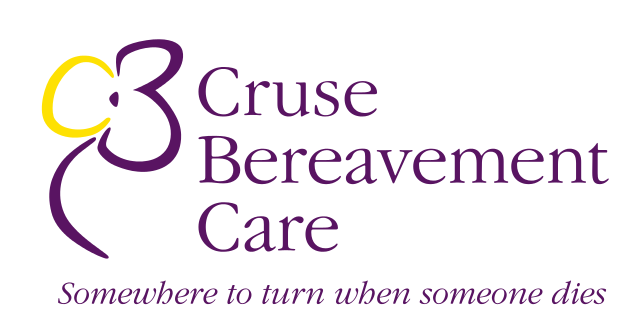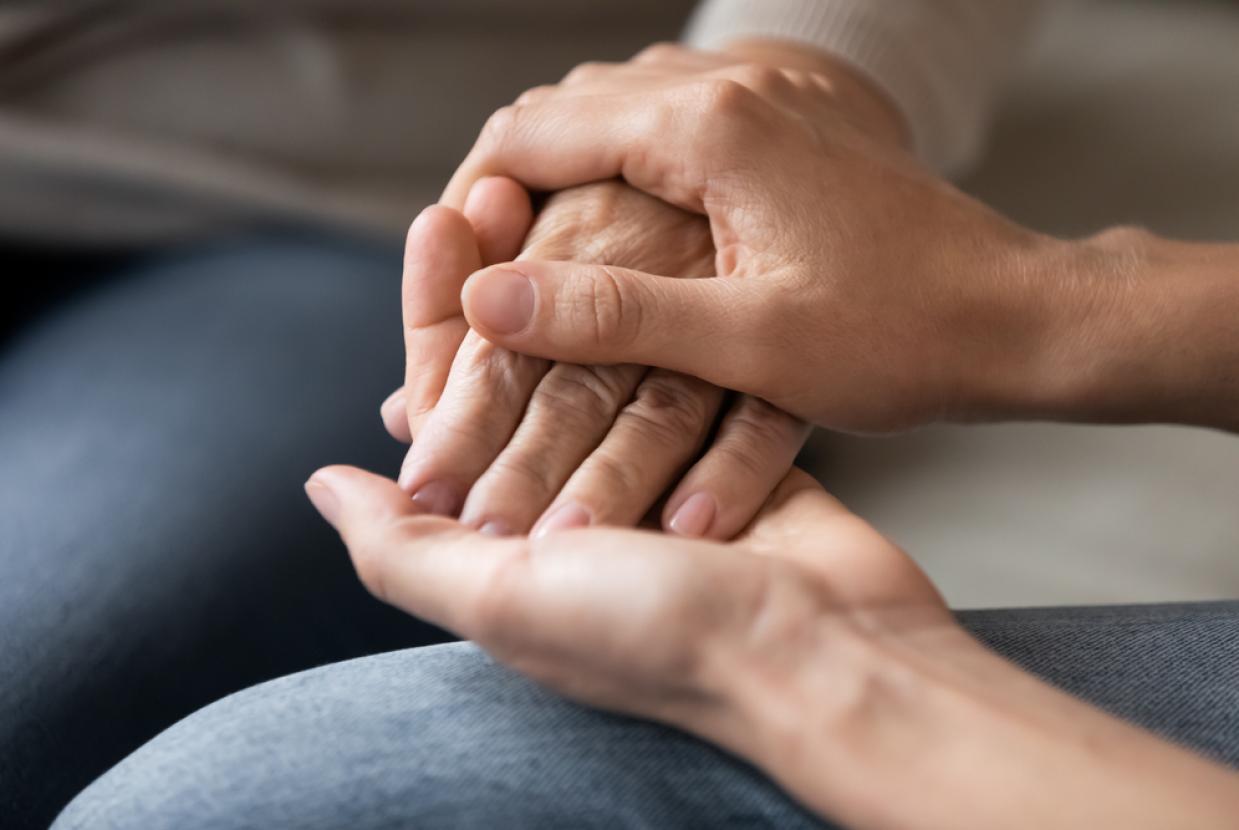Keeping A Grief Journal
It's normal to be confused about how you're feeling after someone dies. Keeping a grief journal can help you make sense of your emotions.
What are the benefits of keeping a grief journal?
Clarifying thoughts
Writing is a form of thinking out loud. It can help you work through things, and identify patterns of thought. If you find yourself obsessively thinking over the same memory, writing it down helps to get it out of your head.
Recording memories
Keeping a diary can also help to record happy memories. Doing this will allow you to feel closer to the person who died. If you’re also worried about forgetting your memory of them, keeping a record can be really comforting.
Remembering how far you’ve come
A journal also gives you something to look back on. Grieving can be a long journey and when we’re in the middle of it, it can be hard to see that things are changing. When you can look back at how you weeks or months ago, you will see just how much your situation has changed over time.
How to get started
Choose your journal
There’s no right or wrong way to keep a journal. You can use a notes app on your phone or computer, but you might find it more helpful to use a paper and pen. You might even prefer to use a special notebook that’s relevant to the person who died.
Start small
Start out by writing a sentence or two a day. Or try setting a timer and try to write for a few minutes at a time.
Try not to limit what you write about
You can write about anything – what you are feeling, what you did that day, memories from the past, what you need to remember to do the next day, the problems you are facing. You might even write about how angry you are or write lists of people who have annoyed you. It’s your record and a place where you can be honest about how you’re feeling.
Reread what you’ve written
Reading back what you wrote last time will often give you a starting point for the next entry.
Think about who you’re writing to
It can sometimes help to imagine you are writing to someone in particular. Perhaps your future self or the person who has died.
How long to keep going
How long you keep a diary or journal is totally up to you. Some people find it so helpful it becomes part of their life, as an ongoing support and record of their lives. Others may find they only need this particular tool for a short time, or as something to come back to in difficult times.







































